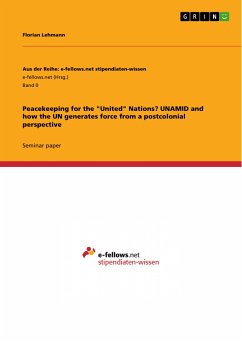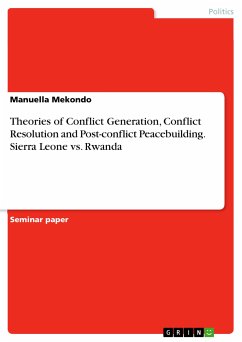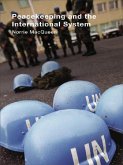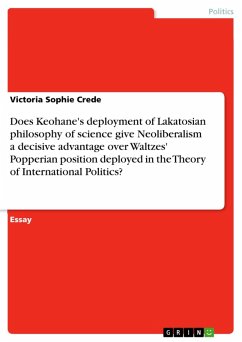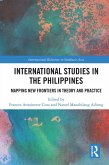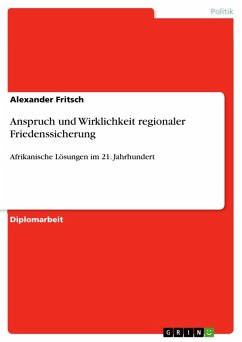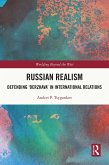Seminar paper from the year 2020 in the subject Politics - Topic: Peace and Conflict, Security, grade: 1,7, University of Erfurt (Staatswissenschaftliche Fakultät/Internationale Beziehungen), course: Theory of International Relations II, language: English, abstract: The text explores the dynamics of United Nations (UN) peacekeeping missions, particularly focusing on the overrepresentation of military personnel from the Global South (Africa, Asia, Latin America) compared to their lower financial contributions. It delves into concerns raised by countries from the Global South regarding potential Western-centric peace enforcement doctrines being imposed on the UN, potentially leading to the exploitation of troops from developing nations as 'cannon fodder.' It poses the question of whether UN peacekeeping missions are subject to structural racism, viewed from a postcolonial perspective. The text is divided into three main parts. Firstly, it introduces postcolonial theory and its perspective on power relations, contrasting it with other theories in International Relations. Secondly, it explains the general organization and conduct of UN peacekeeping missions, highlighting key actors involved. Lastly, it examines power relations within UN peacekeeping operations, utilizing the United Nations-African Union Mission in Darfur (UNAMID) as a case study to explore how postcolonial structures might contribute to the overrepresentation of Troop Contributing Countries (TCCs) from the Global South. Ultimately, the text aims to deconstruct power dynamics within UN peacekeeping missions and analyze their implications, specifically addressing the impact of postcolonial structures on the disproportionate presence of Troop Contributing Countries from the Global South in missions like UNAMID. The conclusion summarizes the findings derived from applying postcolonial theory to the case study, seeking to answer the research question posed throughout the text.
Dieser Download kann aus rechtlichen Gründen nur mit Rechnungsadresse in A, B, BG, CY, CZ, D, DK, EW, E, FIN, F, GR, HR, H, IRL, I, LT, L, LR, M, NL, PL, P, R, S, SLO, SK ausgeliefert werden.

